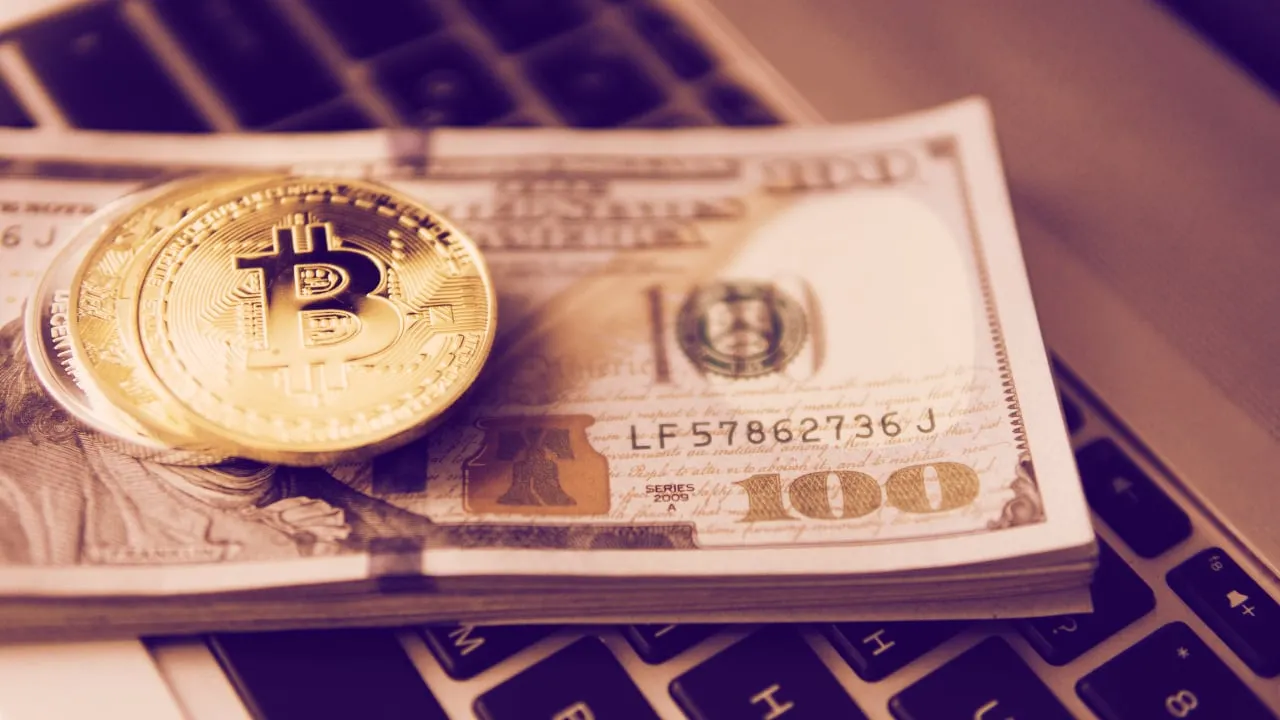In brief
- John Pfeffer and Mark Yusko appeared on the #HashItOut webinar series to discuss monetary expansion.
- Pfeffer believes inflation would hit countries that can't print their own currencies but remain low in the US.
- Yusko said financial assets like stocks would be devalued over time, thereby making Bitcoin an attractive hedge.
With COVID shutting down whole sections of the economy, the US has been trying to mint its way out of an economic downturn. The money printing spree has been eyed with skepticism by Bitcoin aficionados and spawned the "money printer go BRRR" meme.
But, says John Pfeffer, co-founder of venture firm Pfeffer Capital LP, the expansionary policy embraced by the US and others is totally appropriate given the circumstances. "I think without it, you probably would have a significant economic spiral," he said in a webinar hosted by Blockworks and BitGo today about the US Federal Reserve.
Moreover, it doesn't necessarily lead to inflation. "At least in the near term, I think that the developed markets—I'm talking here about countries that borrow in the currency they print…will be able to continue that expansionary policy without really creating domestic inflation."
The real inflationary pressure would hit countries that borrowed dollars but couldn't print them. He predicted that would lead to "a flight to wealth-preserving assets"—upping the demand for the dollar, gold, and Bitcoin around the world.
Pfeffer was quick to point out that he's not an expert in macroeconomics. Nonetheless, his analysis was one that Mark Yusko, founder and CEO of Morgan Creek Capital Management, agreed with. In fact, Yusko said, the Federal Reserve appears to be following a monetary policy pioneered by Japan in 2007, when its central bank turned against quantitative easing.
"Inflation is what everybody's afraid of right now. And everyone's pointing back to the 70s and how we're going to have this big inflationary spiral in the US or Europe, but we're not," said Yusko.
At least "not the inflation we all think about like real-estate prices and food prices." Instead, demographics—as Boomers, who will retire and spend less, move their retirement savings from stocks to bonds—present deflationary pressures.
"I think you're going to see deflation in lots of things, but you're going to see inflation in financial assets," said Yusko. "There's only one goal of the Fed and that's to keep US equity prices high because the Boomers can't retire if we don't have high stock prices."
In that view, it makes sense to buy some Bitcoin, which Yusko believes is much less correlated to other financial assets and can therefore chart its own course.
But splitting hairs on inflation and currency devaluation isn't for Pfeffer. There are plenty of other reasons to get exposure to Bitcoin. "I'm not betting on the dollar debasement, certainly not for the near future," he said. "I think what we're saying is Bitcoin is functionally better than gold and has significant advantages over the dollar in that it's non-sovereign and has fixed supply. So, it's sort of the best of both worlds in our view."
In the long-term, Bitcoin's just got more upside.
Disclaimer
The views and opinions expressed by the author are for informational purposes only and do not constitute financial, investment, or other advice.
Daily Debrief Newsletter
Start every day with the top news stories right now, plus original features, a podcast, videos and more.

